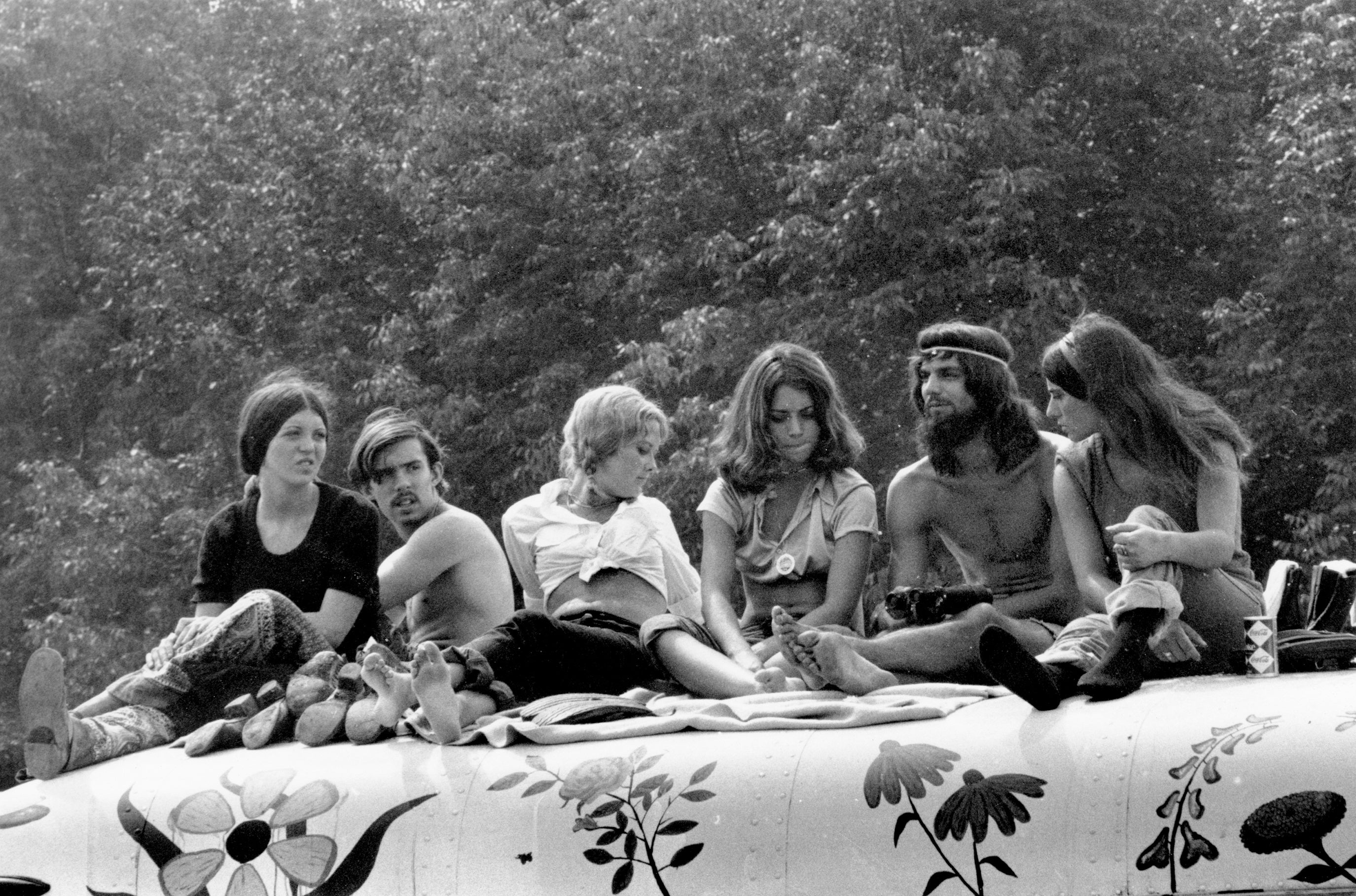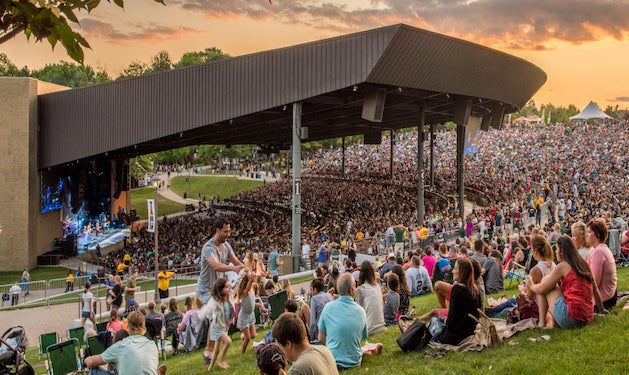The Museum at Bethel Woods Oral History Intern David Gain reflects on the Woodstock experience as he researches and dives into submitted oral histories.
I'm going on down to Yasgur's farm,
I'm going to join in a rock 'n' roll band,
I'm going to camp out on the land,
I'm going to try an' get my soul free. – Joni Mitchell, Woodstock 1970
Joni Mitchell couldn’t make it to Woodstock
While 450,000 bodies swayed together in the mud, Mitchell sat out the festival in a New York City hotel room, watching the scarce clips of the concert flicker across her television screen. Having agreed to make an appearance on The Dick Cavett Show the following Monday, Mitchell learned what happened at Woodstock from her then-boyfriend Graham Nash (of Crosby, Stills & Nash). From his stories, Mitchell wrote Woodstock, a song that has grown as iconic as its namesake; an anthem for the festival she couldn’t attend.
Museum at Bethel Woods Oral History Project
When I began working with The Museum at Bethel Woods in January, I was overjoyed at the idea of collecting people’s stories. As an Oral History Intern, my job would entail interviewing Woodstock attendees about their experiences at the festival and the ways it has impacted their lives.
Having previously conducted interviews as a student of the Cooperstown Graduate Program, I was excited to use my skills at a real museum and to learn more about this once-in-a-lifetime festival. Setting out with my list of questions and an ever-growing knowledge of Woodstock, I began speaking with attendees.
Memories of Woodstock
We are taught as oral historians that each story is unique; a narrator’s experience is shaped by their background, beliefs, and connection to an event. I could speak to the over 450,000 attendees of Woodstock and hear a different account every time. In this way, there is no ‘right’ or ‘wrong’ when it comes to history, only the story at hand and the memories that fuel it.
In every Woodstock story I have heard thus far there has been only one connecting thread, a single phrase that echoes through Zoom and into my headphones: I’m sorry, I don’t remember. We become almost embarrassed admitting that something has slipped our memory, offering apologies for something we can’t control. However, each story shared with me by a Woodstock attendee has been fascinating and unique, perfect in its retelling. It is clear to me that we remember what was important to us—what shaped us—and only forget the extraneous.
I spoke with an attendee who detailed the long walk from her car to the festival grounds, about the mass of people that marched slowly towards the music in the distance. The memory of where exactly her car was parked has been lost to time, but in the end, it wasn’t important to her experience.
Another attendee shared his excitement in seeing the rock bands at the festival and how disappointed he was discovering The Beatles weren’t going to make an appearance. While he mentioned the mud, thick on the concert-goers, he couldn’t recall the rain; not even a downpour could dampen his memories of the miraculous festival.
One response in particular has stood out to me: a Bethel Woods volunteer told me he wished he had known Woodstock would be an historical event when he attended because he would have put it in his “memory banks.” He preceded to tell me about the musical performances, trading food with another concertgoer, and that fact that his future wife, unbeknownst to him, was in the crowd.
Hearing his story, it became clear that there are two Woodstocks in his mind: the personal, magical Woodstock that would eventually lead him to his wife, and the historical, factual Woodstock we continue to study and clarify. We instinctively apologize when our personal memories don’t match historical accounts, but as an enthusiastic listener to these stories, I can say no apology is necessary. Memory is as selective as it is powerful, giving the stories we tell the power to change hearts and minds.
Past, Present, and Future
There is no one reason why the Woodstock Music and Art Fair has become ingrained into our collective memories. While there was the hope the event would be remembered, the intent was to have three days of music and peace. In the end, they were successful.
We are witnessing history every day firsthand, unaware of what future generations will want to know. The way we pass that knowledge on is through our stories, tied intrinsically, for better or for worse, to our memories.
Joni Mitchell wasn’t at Woodstock. Against any wish to the contrary, I wasn’t either. However, we have heard the stories and experiences of others; the unique pieces of Woodstock each attendee found important to them. Mitchell wrote an anthem for thousands. I am helping the thousands speak for themselves.
It is my and The Museum at Bethel Woods' hope that the stories of attendees will inspire and educate for generations to come. If nothing else, we want you to come down to Yasgur’s farm and let your soul be free.

Did you attend Woodstock? Submit an oral history!
Though our 50th anniversary celebration is over, The Museum is still working to commemorate your stories as we plan for the next 50 years. During these unprecedented times, we are using new technology to remotely record your Woodstock experiences from the comfort of your home. Our goal is 365 new stories this year! Won’t you help us hit this number? In only 15 minutes we can forever preserve the story you have had for a lifetime.
If you attended Woodstock, please contact Assistant Curator Julia Fell to set up a phone call or Zoom session.
You can also join our Woodstock Alumni Registry.
